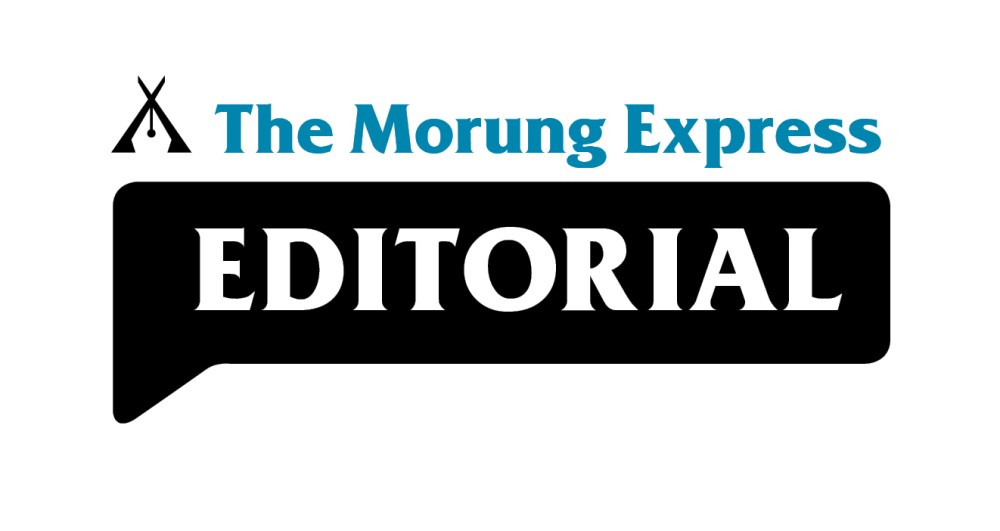
Dr Asangba Tzudir
A recent talk show called “The Lungleng Show” hosted Dr Kehrie Yhome, Advisor for School Education and SCERT for a one to one dialogue on Nagaland’s Education system. The talk engaged in a wide ranging array of related topics and issues touching on the NEP 2020 and language; NECTAR Project; Samaghra, issues of seniority and promotion vis-à-vis requisite qualification; cadre review system; Service rules and the pending court cases waiting to be disposed; Education Administrative System; issue of transfer and posting; teacher shortage; lack of Math and Science teacher, up-gradation and opening of schools; a 3-tier system to assess performing, middle and the low performing schools; attendance monitoring system; HSLC Nil results; categories of teachers; enrollment issues, etc. Also on the sidelines of an exclusive interview with this paper he has claimed that “proxy teachers are now a thing of the past.”
During the course of the talk skeletons in the cupboard were also revealed, and one being a directorate being unaware of the number of their employees. This speaks a lot about the loopholes in the system. However, in spite of all the serious dialogue on the above highlighted issues, and also with the understanding that a short talk cannot encompass the entire gamut of education, its system and all the challenging issues, as such a larger question still remain.
While the above aspects has a lot to do with the Education system, yet another or the most important aspect of education system is the curriculum which has a direct bearing on quality education. Quality education is something which cannot be taken for granted especially in the context of the evolving times, that, quality education is no more a mere theoretical postulate but needs to be located and actualized within a purposeful and meaningful praxis.
The NEP 2020 has now replaced the Choice Based Credit System, and there are certain dangers about this multi-faceted system. It is not simply about quality but the danger of diversion and issues of prioritization which has both short term and long term impacts if not made aware. Since these dangers are issues related to human development, it is imperative that before NEP 2020 is fully introduced in all the educational levels, the loopholes are gauged by relocating within the underlying broader philosophical and ideological aspect so that human development through education is not only ensured but set in the right spectrum and process. This will give impetus to ensuring human face in education.
There is always a system but there is something called a working system and one that is really working towards human development. There’s more to the education system beyond some of the outlined aspects of the system, that an important aspect of education and its associated system is the quality delivery measures which is still an understudied theme, and which is very vital to providing a holistic Human development. As such, the broader philosophical and ideological aspects studied with right, wrong, good, bad should set in as the foundational pillar in building the right education system.
Education is intrinsically related with human development, and therefore education should be well located within a working system that not only delivers quality but one that is directed at human development. However, there always has to be a beginning while trying to bring a change, but it is the process that is more important and also the fact that changes cannot happen overnight. However, the process needs to sustain and for which it needs to be rooted within a well-articulated value system. A system will also work only when it is built within a human-centric value system that is encompassed within the values that expresses care and concern for the other.
(Dr Asangba Tzudir writes a weekly guest editorial for The Morung Express. Comments can be mailed to asangtz@gmail.com)






